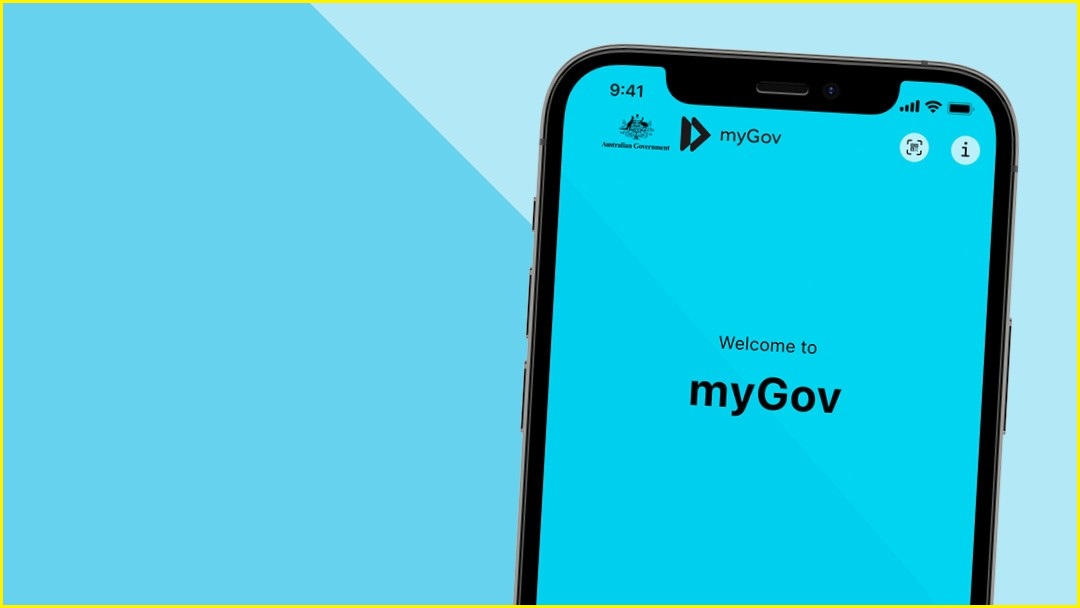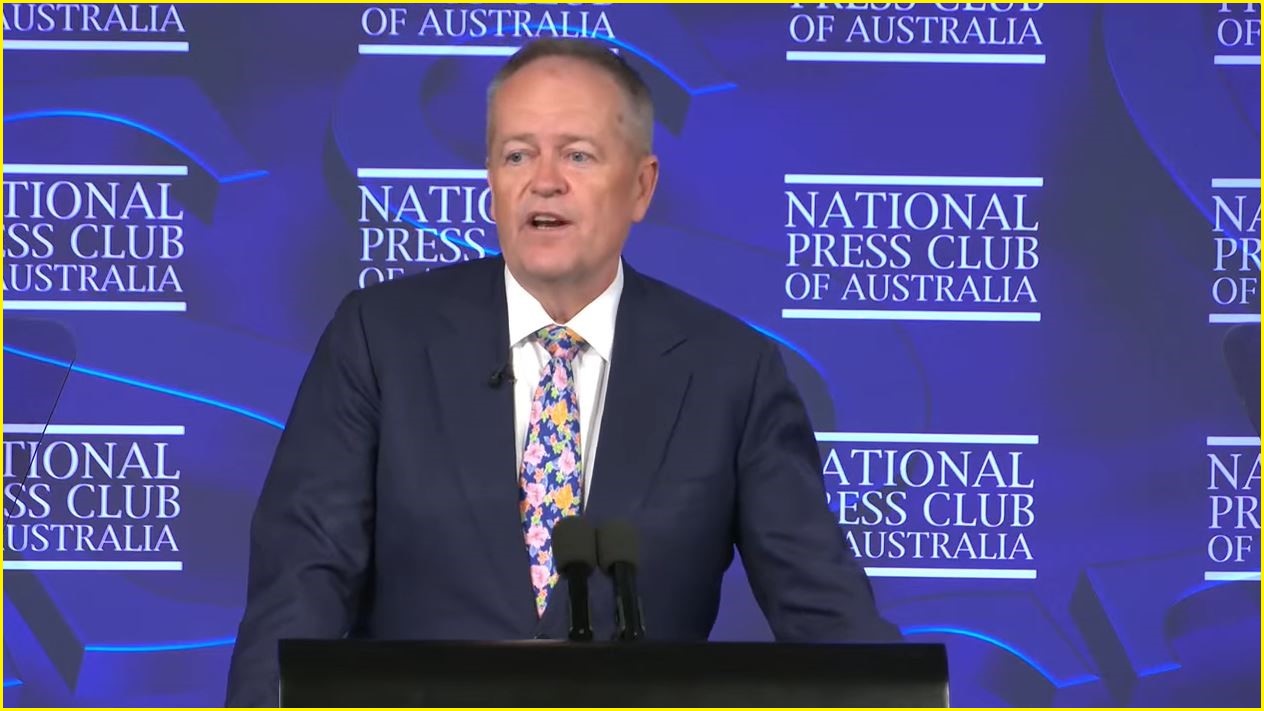The federal government has announced plans for a “world-leading” digital identity verification system which it says will allow Australians to use their mobile phones to verify their identity instead of sharing sensitive documents with businesses and organisations.
Minister for Government Services, Bill Shorten, detailed the plans for the system — called Trust Exchange, or TEx for short — in a speech to the National Press Club in Canberra on Tuesday.
He said the program, which is separate to the Digital ID for government services, could be used for things such as applying for rental accommodation or jobs, entering venues, checking into hotels, or when starting a new job.
It would verify an individual using credentials only held by the government, as authorities attempt to limit the amount of personal data held by businesses and organisations in the wake of major data breaches and a rise in reported scams in recent years.
Those credentials would include personal data such as a person’s address, date of birth, citizenship or visa status, licences, qualifications, and working with children checks.
“Every time a breach happens, it harms Australians' confidence in digital technologies,” Shorten said.
“Given the importance of digital technologies in improving people's lives, it's important that the Australian government helps to build trust.”
The opt-in TEx system, which is currently in the proof-of-concept stage, will be accessed through an individual’s digital myGov wallet and by scanning QR codes at venues, Shorten said.
“With TEx, instead of handing over those documents to be copied in some form — stored goodness knows where — you would scan a QR code on the front desk or use technology similar to tap-to-pay, that digitally shakes hands with your myGov wallet,” he said.
“You choose only the information you wish to share from your digital wallet, and you consent to its use.
“You will have a record in your myGov wallet of what you shared and with whom you shared it.”
Testing of the new system is expected to begin by the end of 2024, with pilots rolled out in 2025.
Services Australia will be responsible for the program and will work with other government agencies on its implementation.
Shorten said the project’s proof-of-concept stage was funded by “an $11.4 million investment in the build-out as part of the digital ID project” and confirmed Telstra and Google would be involved in its development.

The Trust Exchange (TEx) system will operate through myGov digital wallets. Image: Services Australia
‘Zero value to a cyber criminal’
Shorten said the TEx system would help to protect Australians from cyber criminals.
Giving the example of a person visiting a licenced venue, he said they could use their phone to prove their age through a digital token “sent to the club vouching for their identity — that they’re 18 or over”.
“Not even their actual age is disclosed, merely that they’re over 18,” he said.
“This token will be a valuable, reliable promise to the club, but of zero value to a cyber criminal because the confirmation token will not contain any personal information.
“All that has been exchanged is a digital ‘thumbs up’ from the government that you are who you say you are.”
Shorten said TEx could also save businesses money, as it “significantly reduces their customer onboarding procedures and their data storage requirements”.
Shorten argued TEx would rival Europe’s General Data Protection regulation (GPPR) data standards — which he called “the gold standard” — “but without the European regulation and complexity”.
“This can drive progress that lets individual citizens control their own data while creating opportunities for productivity gains and economic progress,” he said.
“TEx is something brand new and world-leading.”
Opposition spokesperson for government services and the digital economy, Paul Fletcher, questioned Shorten’s credentials prior to his speech, accusing him of an “inability to improve government services”.
An Auditor-General's report released in June found Services Australia had been unprepared for “a significant or reportable cyber security incident” and was a target for criminals given the sensitive data it handled.
Services Australia also recently agreed to improve the security of myGov after an investigation found its security controls were “not adequate” to protect users from fraud.
Shorten said he was hopeful those improvements and the introduction of TEx would help prevent such issues in the future.
He said Services Australia’s $2.8 billion in extra federal budget support had allowed for more staff and reduced call wait times and case backlogs.
‘We have to embrace AI’
Shorten also flagged that government services “have to embrace” artificial intelligence, but maintained a “people-focused implementation” was necessary.
“We need to look beyond the current hype on generative AI to more fundamental and structured AI, to be used to look for efficiencies in the back of house processes,” he said.
Shorten gave the example of using AI to search for information “so staff can use their time on higher value tasks”.
“The proper use of AI depends on its intent — its safe application relies on clear ethical guidelines,” he said.
“It's about how we harness AI to give humans back the things that they haven't been able to replicate — time.
“It's about keeping the human decision making at the heart of human services.”






